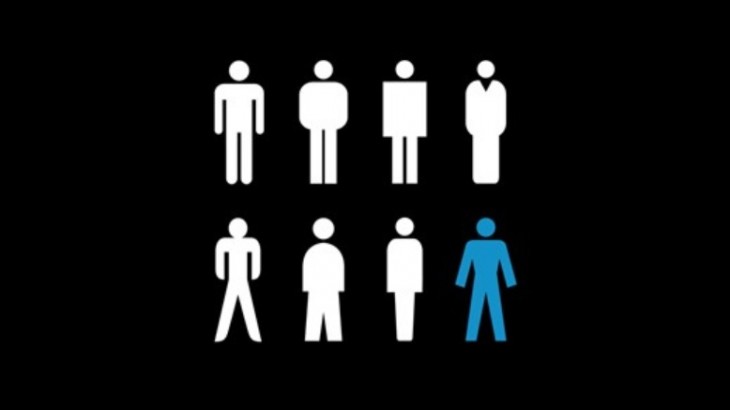Prostate cancer

As we reach the end of this year’s Men’s Health Week, an annual campaign run by the Men’s Health Forum, to raise awareness of preventable health issues that affect men disproportionately, today’s focus is on prostate cancer.
Prostate cancer is the most commonly diagnosed cancer in the UK, with around one in eight men likely to get prostate cancer in their lifetime.
Like most cancers, it is easier and more effective to treat prostate cancer if it is caught early, but for a number of reasons, men are often prone to putting off a visit to see their GP. Since the coronavirus crisis arrived, fewer people have contacted their GP for help with a variety of health conditions and health checks, which could result in a poorer outcome for many patients.
If you have concerns that you may have prostate cancer, or any other health condition, it is important to contact your GP despite any fears you may have about visiting health professionals in light of the ongoing pandemic. It is likely that they will carry out a telephone consultation in the first instance to decide if you need further treatment or tests.
What is the prostate and prostate cancer?
The prostate is a gland. It is usually the size and shape of a walnut and grows bigger as you get older. It sits underneath the bladder and surrounds the urethra, which is the tube that carries urine out of the body. The prostate's main job is to help make semen – the fluid that carries sperm.
Prostate cancer can develop when cells in the prostate start to grow in an uncontrolled way. Some prostate cancers grow too slowly to cause any problems or affect how long you live. Because of this, many men with prostate cancer will never need treatment. But some prostate cancers grow quickly and are more likely to spread. The earlier the disease is diagnosed, the easier and more effectively it can be treated, so it is important to contact your GP as soon as you notice problems, rather than waiting.
What are the symptoms?
Most men with early prostate cancer don’t have any signs or symptoms. Symptoms of prostate cancer can include:
- needing to pee more frequently, often during the night
- needing to rush to the toilet
- difficulty in starting to pee (hesitancy)
- straining or taking a long time while peeing
- weak flow
- feeling that your bladder has not emptied fully
- blood in urine or blood in semen.
These symptoms do not always mean you have prostate cancer.
Who is at greatest risk?
Prostate cancer mainly affects men over 50, and your risk increases with age. The risk is even higher for men with a family history of prostate or breast cancer. Click here to see if you are at risk of prostate cancer.
Further information can be found at:
The First Class Support helpline is completely confidential, independent and available 24/7. Call now on 0800 688 8777 if you would like to talk to somebody about living a healthier lifestyle or any other physical or mental health-related matter.



